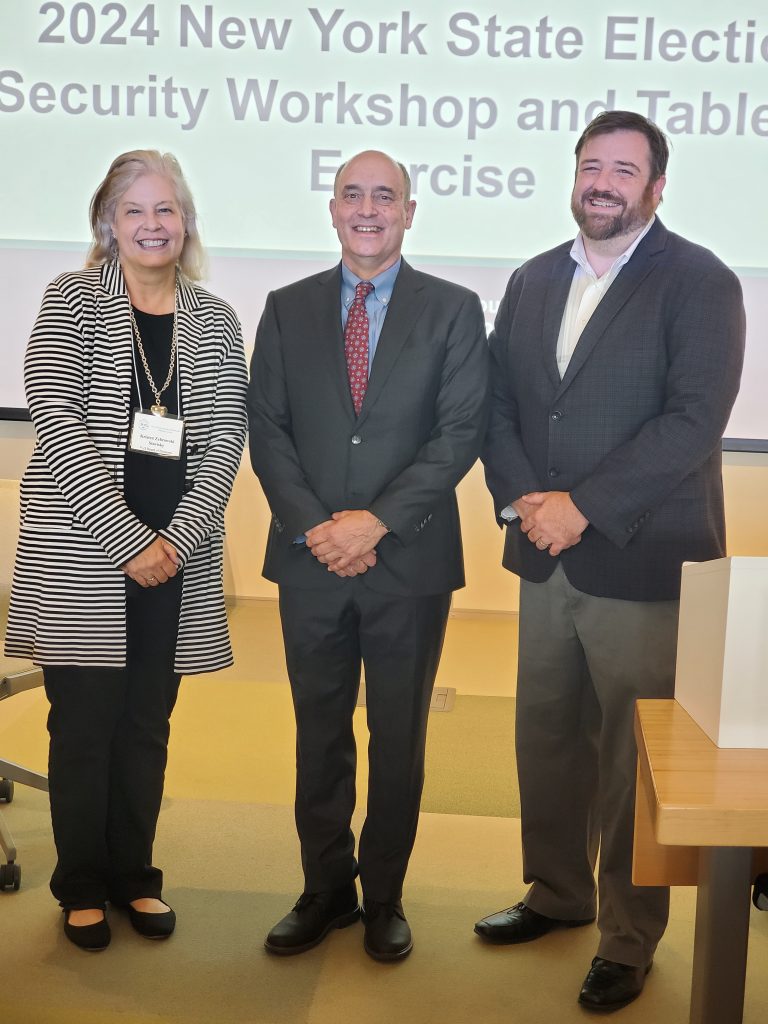Thomas M. Leith has joined the faculty of Syracuse University College of Law and was named Director of the Criminal Defense Clinic (CDC.) Leith is an Associate Teaching Professor who teaches Legal Communication and Research and Trial Practice courses.
At the CDC, Leith will oversee Syracuse Law student-attorneys as they represent clients charged with misdemeanors and violations in Syracuse City Court and town courts in Onondaga County. Clients are represented at pretrial hearings and trials and are assisted in managing the civil consequences related to their criminal cases. All criminal cases are assigned to the Clinic through the court.
Prior to joining Syracuse University, Leith was the Managing Attorney of the Criminal and Appeals Programs at Hiscock Legal Aid Society (HLAS) in Syracuse, New York. He joined HLAS in 2020 as a Staff Attorney in Appeals. As Managing Attorney, he oversaw programs at HLAS representing indigent clients in their criminal, Sex Offender Registry Act, and family court appeals, post-conviction advocacy, and indigent parole clients in their hearings and appeals.
Leith spent the previous ten years as a trial-level public defender: first with Brooklyn Defender Services in Brooklyn, NY, then with the Law Offices of the Shelby County Public Defender in Memphis, TN. In his years in the courtroom, he has defended every type of criminal case, from violations and misdemeanors to clients charged with first-degree murder.
Before his roles in public service, Leith was in private practice at law firms in New York City. Leith also clerked for then-Chief Judge Raymond J. Dearie of the United States District Court for the Eastern District of New York.
Since 2023, Leith has been an adjunct professor at the College of Law, teaching trial practice.
Leith earned a J.D. from New York University School of Law and a B.A. from the University of Wisconsin – Madison.

